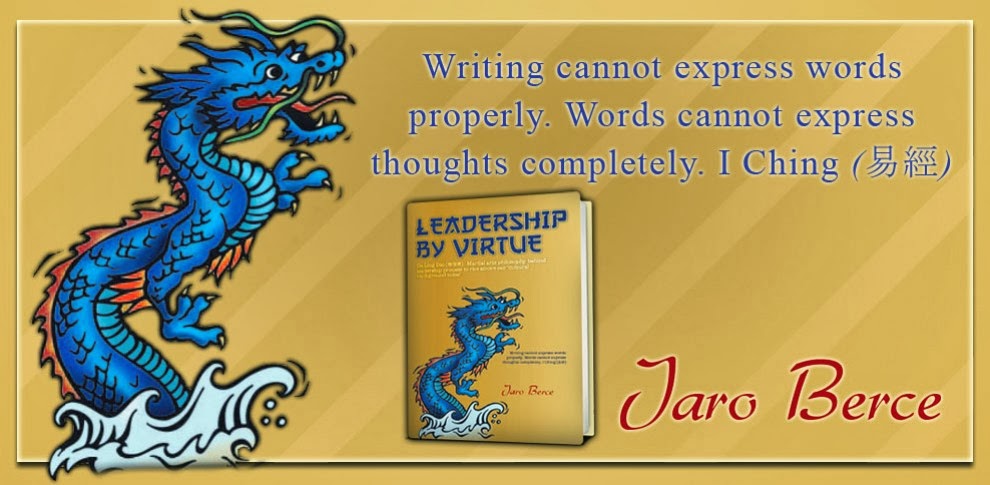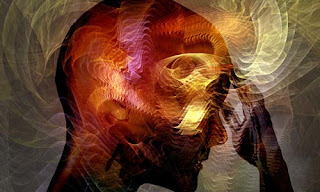Organizational change is, or should be,
just one of the processes within the strategy’s frame and company vision. Why
then companies have to “struggle” when introducing changes? Why do they need to
change? Ever changing environment, markets, products are just pushing the limits
of a current stability of the companies and provoke never ending chain of
changes.
In his blog
Bernard Marr says “a good mission statement articulates the purpose of the
company, basically why it exists, what it does and for whom. It should serve as
an ongoing guide that spells out what the company is all about. The mission
should focus on the here and now.” And where do we see a necessity for a change
that a company should follow? In “a vision statement where the goals and
aspirations for the future are outlined. It creates a mental picture of a
specific medium-term target and should serve as a source of inspiration.”
 But are these definitions enough to
smoothly drive a change? Company’s organizational culture, as described in the
previous blog: “Organizational culture and martial arts,” is the sum of values and rituals defined by
rules. It is also a part of a “bigger picture” that surrounds an organization
and each of us, as I explained in my TedxTalk. And these
substances present difficulties or even block a change. Employees of a company,
as others, are perceiving stability as security therefore opposing changes. Consequently,
a permanent conflict prevents a peaceful process of change.
But are these definitions enough to
smoothly drive a change? Company’s organizational culture, as described in the
previous blog: “Organizational culture and martial arts,” is the sum of values and rituals defined by
rules. It is also a part of a “bigger picture” that surrounds an organization
and each of us, as I explained in my TedxTalk. And these
substances present difficulties or even block a change. Employees of a company,
as others, are perceiving stability as security therefore opposing changes. Consequently,
a permanent conflict prevents a peaceful process of change.














